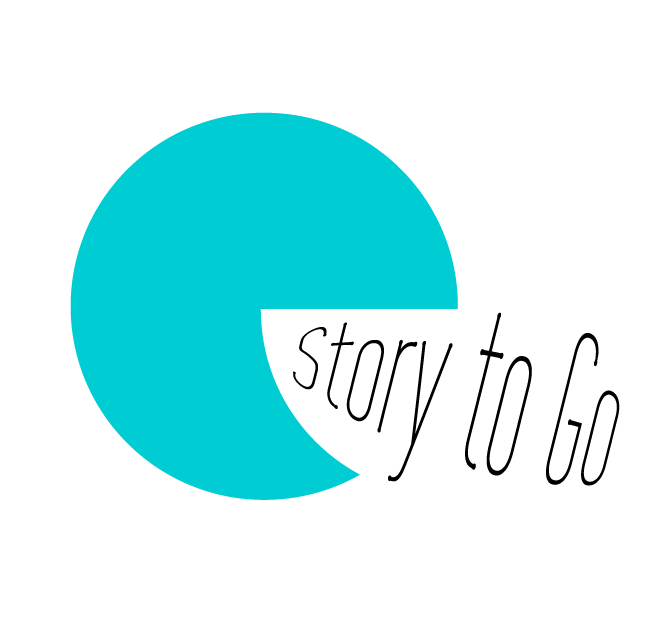Reading / Discussion: Discerning Between What is Accurate and False Online
Before we get started on this lesson, please read the following two articles:
With the endless amounts of and accessibility to information online, it has become increasingly important for all Internet users to possess and practice the skills to discern relevancy and reliability in the media that they consume. If used haphazardly, the web can be an infinite source of propaganda and falsehoods, but if used critically, the web has the potential to fact-check just about anything. While you may consider yourself a digital native (having been exposed to information technology your whole life), you may not necessarily possess these skills. This section is designed to help you sort-out how to decipher the validity of information online.

Beyond the significance of correctly determining whether sources are accurate or not for academic purposes, you are faced with a constant stream of information and images via social and mainstream media. Whether it comes from Snapchat, Instagram, Twitter, Facebook, Reddit, a blog, or a reputable news outlets, you need to have strategies and techniques for evaluating the truth of a statement. In the video below from TED-Ed, Mark Liddell explains how data and statistics can be twisted and interpreted to create misleading conclusions.
Four key fact-checking strategies that Mike Caulfield identifies in his Web Literacy for Student Fact-Checkers are as follows:
- Check for previous work: Look around to see if someone else has already fact-checked the claim or provided a synthesis of research.
- Go upstream to the source: Go ‘upstream’ to the source of the claim. Most web content is not original. Get to the original source to understand the trustworthiness of the information.
- Read laterally: Once you get to the source of a claim, read what other people say about the source (publication, author, etc.).
- Circle back: If you get lost, hit dead ends, or find yourself going down an increasingly confusing rabbit hole, back up and start over knowing what you know now. You’re likely to take a more informed path with different search terms and better decisions.
What do you think?
In a lot of ways, being able to discern what is accurate and what is false is a universally applicable skill made up of a few key strategies. Is evaluating relevance and reliability on the Internet more challenging than with traditional media? Or is it all the same? Chime in with your thoughts by clicking on the green button below and joining the class discussion.
Additional Resources
Curious to learn more? Enjoy the articles below.
